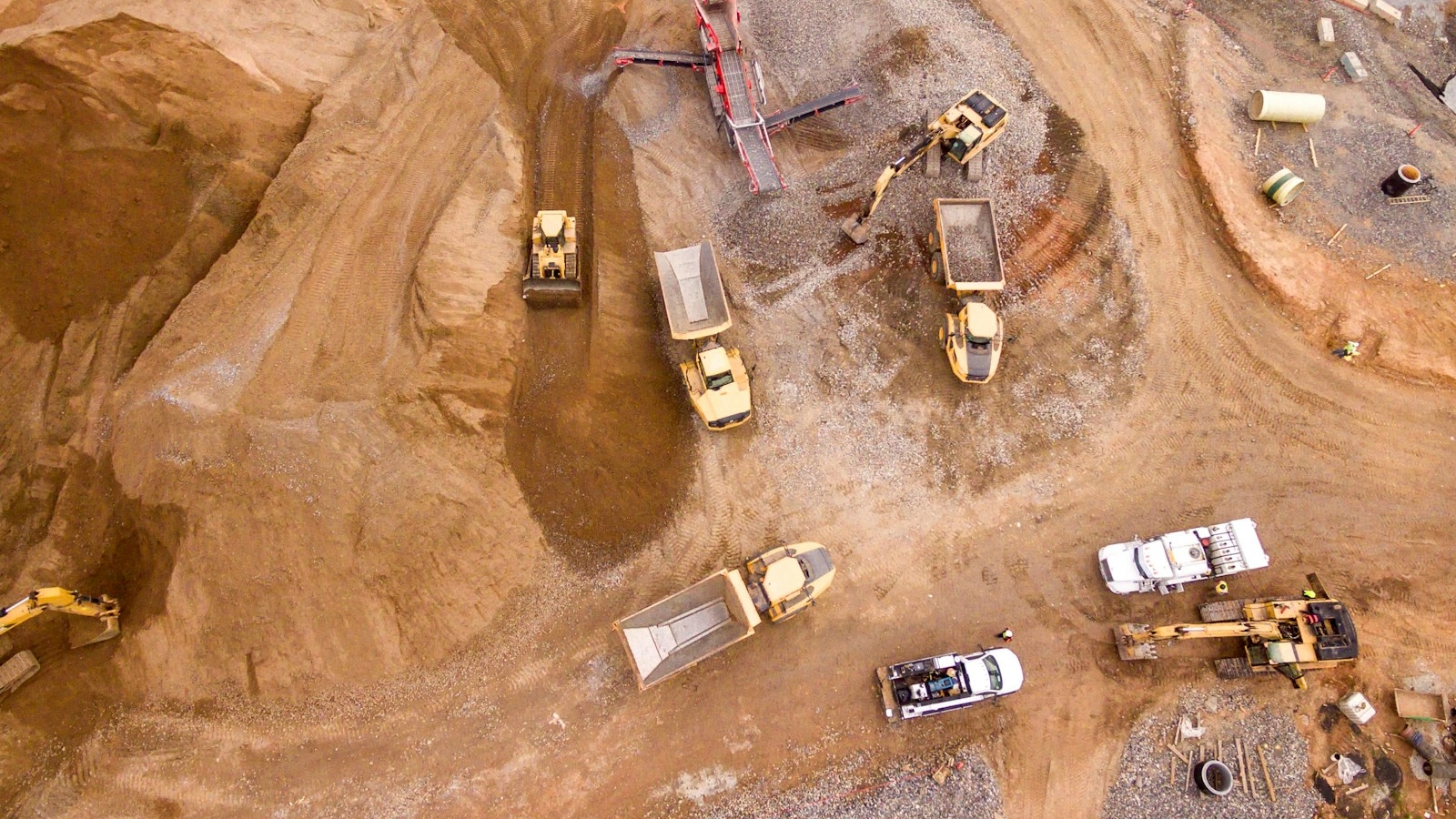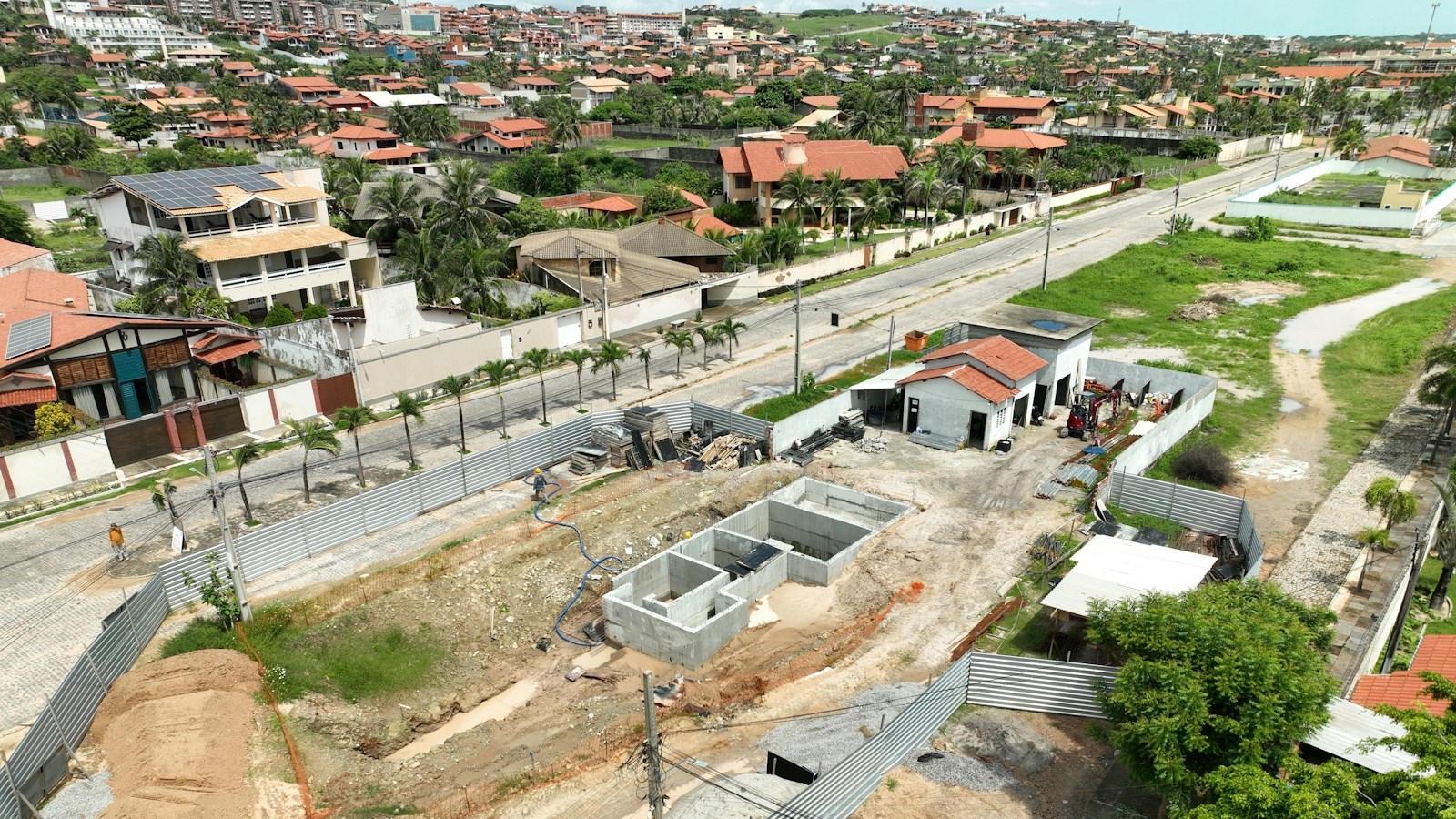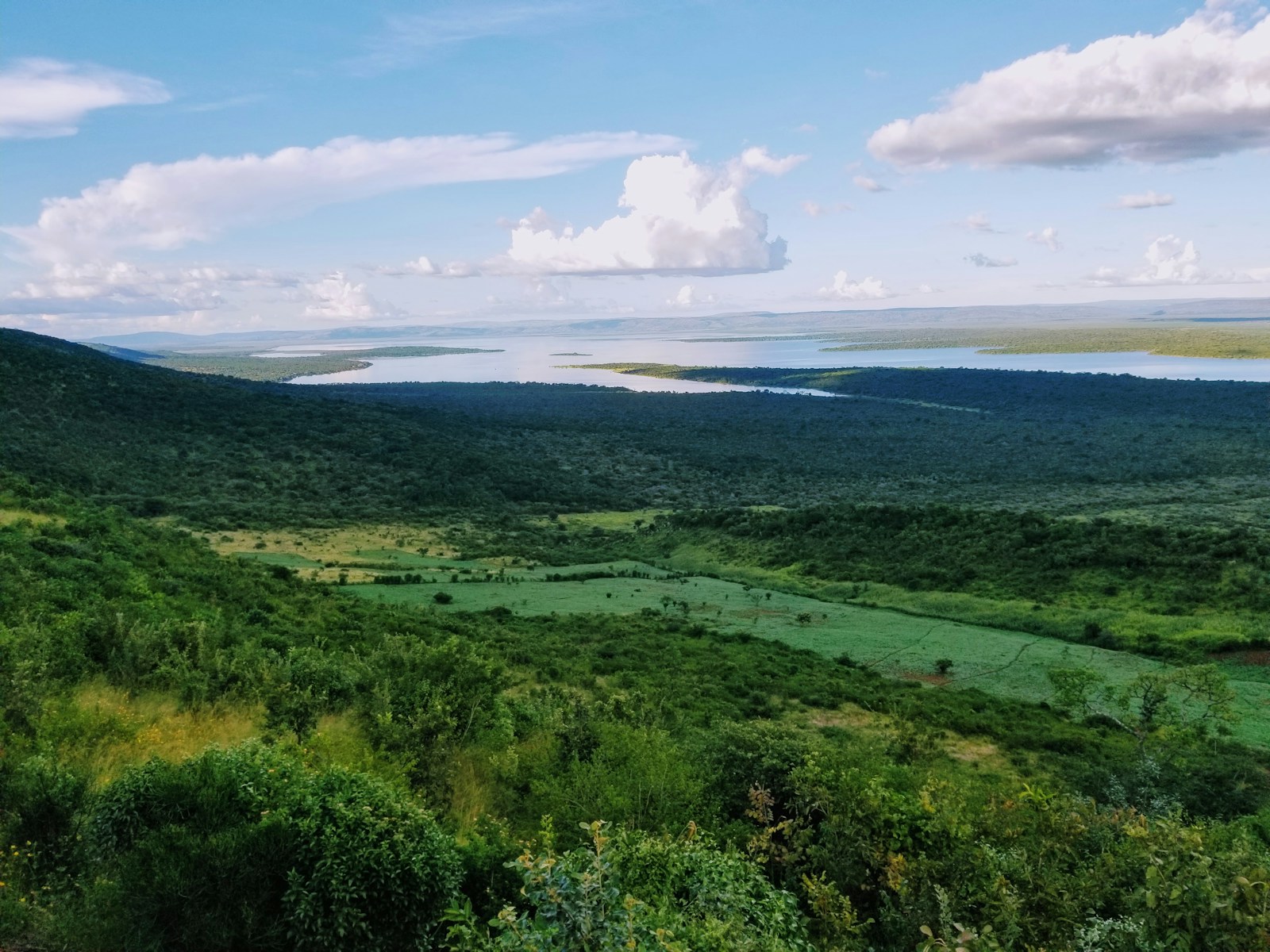Navigating Opportunities and Risks in Uganda, Kenya, Tanzania, and Rwanda
Introduction
The East African real estate landscape is undergoing a dramatic transformation. Fuelled by rapid urbanization, a burgeoning middle class, and significant infrastructure development, the region has emerged as a focal point for both local and international property investors. Within this dynamic environment, a particular investment model has gained considerable traction: buying property “off-plan.” This practice, which involves purchasing a property before its construction is complete, presents a compelling proposition, offering the allure of below-market prices and the promise of substantial returns. Investors are committing capital based on architectural blueprints, 3D renderings, and the developer’s reputation, a forward-thinking approach grounded in vision and a keen eye for potential.
This path to property ownership is not without its complexities and perils. The very nature of off-plan purchasing—investing in a product that does not yet exist—carries inherent risks that vary significantly across the diverse legal and economic landscapes of East African nations. From the developer’s solvency to the final quality of construction and the volatility of the market itself, potential buyers must navigate a labyrinth of challenges. This article provides a comprehensive and informative guide for anyone considering an off-plan property investment in the key East African markets of Uganda, Kenya, Tanzania, and Rwanda. It delves into the peculiarities and risks of buying off-plan, both in general and specific to each country, and offers valuable, actionable information to empower potential buyers to make informed investment decisions.
The Allure of Off-Plan Property
The rising popularity of off-plan property investment across East Africa is driven by a consistent set of powerful advantages that appeal to a wide range of buyers, from first-time homeowners to seasoned portfolio investors. Developers utilize this model to secure early-stage funding and de-risk their projects, passing on some of the financial benefits to early-bird investors. This symbiotic relationship creates a compelling value proposition for those willing to embrace the model’s inherent timelines and risks.
The most significant draw is the financial incentive. Off-plan properties are almost invariably offered at a lower price point than completed units. Developers provide these early-bird discounts to generate initial sales momentum and secure the capital needed for construction. In a rapidly appreciating market like Nairobi, this can translate into locking in a price that is 20-30% below the anticipated completion value, creating instant equity for the buyer. This price advantage allows investors to enter markets or acquire properties that might otherwise be beyond their budgetary reach.
Complementing the lower entry cost are the flexible payment plans that characterize off-plan sales. Rather than requiring a lump-sum payment, developers structure payments in instalments spread over the construction period, which typically lasts two to three years. A common structure involves an initial deposit of 10-20% to reserve a unit, with the balance paid in tranches tied to specific construction milestones. This staggered payment model makes property acquisition more accessible and financially manageable, particularly for younger buyers and those with constrained liquidity.
Furthermore, the period between the initial deposit and the project’s completion is a window for significant capital appreciation. As construction progresses, demand for the development often increases, and the surrounding infrastructure may improve, both of which can drive up the property’s market value. In Kenya, for example, property values have in some cases been appreciating by 20-30% by the time of handover. This allows investors to realize capital gains before they have even taken possession of the property.
Finally, buying off-plan offers practical advantages that are not available with completed properties. Early buyers get the first choice of the most desirable units, such as those with better views, preferred floor levels, or more strategic locations within the development. Additionally, many developers offer a degree of customization, allowing buyers to select finishes, fittings, and sometimes even minor layout modifications to tailor the home to their personal tastes.
Risks of Off-Plan Property Investments
While the benefits of off-plan property are compelling, the path is fraught with potential risks that demand careful consideration and proactive mitigation. These challenges are universal to the off-plan model but can be amplified in emerging markets where regulatory frameworks may be less mature and enforcement less consistent. Acknowledging and understanding these risks is the first step toward a secure and successful investment.
The most significant and feared risk is, as painfully highlighted by the recent property crisis in China, developer default or bankruptcy. An investor’s capital is fundamentally tied to the developer’s ability to deliver the project. If the developer becomes insolvent due to mismanagement, inadequate funding, or economic downturns, the project may stall indefinitely or be abandoned altogether. In such scenarios, buyers risk losing their deposit and all subsequent instalment payments, with legal recourse often being a lengthy, expensive, and uncertain process. The structure of the purchase agreement and the protection of deposit funds are critical factors in mitigating this primary risk.
Construction delays are another pervasive issue in the off-plan sector. While some delays are unavoidable due to factors like adverse weather or supply chain disruptions, chronic delays stemming from poor project management or funding gaps are common. These delays can have significant financial consequences for buyers, who may have planned to occupy the property or begin earning rental income by a specific date. The consequences of extended delays can be particularly severe for properties purchased with borrowed capital, as the perspective owners need to pay the mortgage rates while not being able to collect rent, or while having to keeping on paying their current rental fees.
There is also the risk of a discrepancy between expectation and reality. Buyers make their purchasing decisions based on marketing materials, which can sometimes present an idealized version of the final product. In the best of cases the developer will recreate a fill scale and fully equipped “mock-up-room” to give potential buyers a better idea on how a unit will look like. However, even this is generally limited to a single unit – which will not be functioning and will not include any common area or other amenities. The completed property may differ from the initial plans in terms of quality of finishes and overall craftsmanship. Without meticulous contractual specifications, buyers may have little recourse if the final product does not match the glossy brochure. This underscores the importance of a detailed and legally binding sale agreement that clearly outlines all specifications and finishes.
Finally, market fluctuations introduce an element of unpredictability. While investors hope for capital appreciation, there is always a risk that the property market could stagnate or decline during the construction period. A market downturn could result in the completed property being worth less than the purchase price, leaving the investor with a negative equity position from the outset. This risk is particularly relevant for investors who are relying on the property’s appreciated value for their exit strategy.

A Deep Dive into East African Markets: Country-Specific Analysis
While the general principles of off-plan buying apply across the board, the nuances of each East African market are critical to understand. The legal systems, economic conditions, and regulatory environments of Uganda, Kenya, Tanzania, and Rwanda create distinct sets of opportunities and challenges for off-plan investors.
Kenya
Kenya, and particularly its capital Nairobi, stands out as the most dynamic and mature off-plan market in the region. The city’s real estate sector has demonstrated remarkable resilience and growth, with residential property values rising by 7.8% in a recent year, outperforming many global markets. The off-plan segment has been a significant driver of this growth, with developers launching ambitious projects to meet the sustained demand from a growing middle class and a large diaspora community. However, the high returns are accompanied by significant risks that require a robust due diligence process.
Market Peculiarities and Risks in Kenya
The Kenyan market is characterized by a high degree of developer activity, ranging from large, established firms to smaller, emerging players. This competitive landscape has led to a proliferation of off-plan offerings, but also to a wide variance in quality and reliability. The primary risks for off-plan buyers in Kenya are directly linked to this developer landscape. Cases of developers overpromising and under-delivering are not uncommon, and some have been known to launch projects without securing all the necessary regulatory approvals. These include zoning permissions, environmental impact assessment (EIA) licenses from the National Environment Management Authority (NEMA), and registration with the National Construction Authority (NCA).
Land ownership in Kenya can also be a complex issue. Some developers have marketed off-plan projects on land with disputed titles or existing encumbrances, such as bank loans. This can lead to serious legal complications for buyers down the line. Therefore, a thorough title search at the Ministry of Lands is a non-negotiable step in the due diligence process. For a comprehensive analysis of the different types of land tenure in Kenya we recommend our blog article on this topic.
Legal Framework and Buyer Protection
Kenya has a relatively well-developed legal framework governing property transactions, although enforcement can be a challenge. The Land Registration Act, the Law of Contract Act, and the Sectional Properties Act provide the primary legal underpinning for off-plan sales. However, the most effective protection for buyers comes from a meticulously drafted sale agreement and the proactive use of legal safeguards.
One of the most critical buyer protection mechanisms is the use of escrow accounts. Buyers should insist that their deposit and instalment payments are held in a regulated escrow account, with funds released to the developer only upon the achievement of pre-agreed construction milestones. This prevents the developer from using the funds for other purposes and provides a measure of security in case of default. A standard practice in Kenya is for the buyer to pay a 10% deposit into an escrow account upon signing the sale agreement.
Due Diligence Checklist for Kenya
| 1. Developer Verification | Check the developer’s registration with the NCA and their track record of completed projects. Visit past projects to assess quality. |
| 2. Land Title Search | Conduct an official search at the Land Registry to verify ownership and check for any encumbrances, caveats, or legal disputes. |
| 3. Regulatory Approvals | Verify that the developer has obtained all necessary approvals, including zoning, NEMA, and county government building permits. |
| 4. Physical Site Inspection | Visit the proposed site and engage a surveyor to confirm the boundaries and location match the official maps. |
| 5. Legal Document Review | Have an independent lawyer review the sale agreement, lease documents, and any other relevant contracts. |
| 6. Historical Ownership | Apply for a “green card” from the land registry to review the property’s ownership history. |
| 7. Financial Viability | Assess the developer’s financial stability and the project’s funding model. |
| 8. Escrow Account | Ensure that the payment structure involves a reputable escrow agent. |
Uganda
Uganda’s off-plan property market is rapidly emerging, particularly in its capital, Kampala, and surrounding urban areas like Wakiso. The sector is characterized by a growing number of developments aimed at meeting the housing demand from a young, urbanizing population and the Ugandan diaspora. While it may not have the same scale as Nairobi’s market, Uganda presents significant opportunities for off-plan buyers, though these are balanced by a distinct set of risks that require a cautious and well-informed approach.
Market Peculiarities and Risks in Uganda
The Ugandan market offers many of the classic benefits of off-plan purchasing, including lower initial costs and flexible payment plans. Developers in Kampala are increasingly using this model to fund their projects, creating opportunities for buyers to secure property in desirable locations at a discount. The potential for capital appreciation is also a strong driver, with the value of properties often increasing significantly during the construction phase, especially in areas with new infrastructure developments.
However, the risks in the Ugandan market are notable. Construction delays are a very common problem, often attributed to economic fluctuations, challenges in the permitting process, or disruptions in the supply chain for building materials. The credibility of developers is also a major concern. The market features a wide spectrum of developers, and not all have the financial stability or technical capacity to deliver on their promises. There have been reports of developers delivering projects of a lower quality than what was advertised, or in some cases, failing to complete projects at all.
Financing can also be a hurdle for off-plan buyers in Uganda. Lenders often view off-plan developments as high-risk investments and may require larger down payments, sometimes as high as 50% of the purchase price, compared to the typical 20% for completed properties. This can create a significant financial barrier for some buyers.
Legal Framework and Buyer Protection
Uganda’s legal framework for land ownership is a complex mix of customary, freehold, mailo, and leasehold tenures, governed by the 1995 Constitution and the Land Act of 1998, whereas condominium titles, under which the majority of off-plans developments currently fall, are regulated by the Condominium Property Act or 2001.For off-plan purchases, the sale agreement is the most critical legal document for protecting the buyer’s interests.
While the use of escrow accounts is becoming more common, it is not as standardized as in Kenya. Buyers should therefore insist on a payment structure that is tied to construction milestones and managed through a reputable third party. The contract should also include a “sunset clause,” which provides the buyer with the right to terminate the agreement and receive a full refund if the project is not completed by a specified long-stop date. This, however, may result difficult to enforce, as the funds have been used for the construction, especially for developers with bad solvency.
Given the risks of developer default, it is crucial for buyers to engage an experienced lawyer who specializes in off-plan property. The lawyer can conduct due diligence on the developer and the land title and negotiate a sale agreement that includes robust buyer protections. Uganda offers a five-day cooling-off period after signing the contract, which gives the buyer a short window to reconsider the purchase without penalty.
Due Diligence Checklist for Uganda
| 1. Developer Reputation | Investigate the developer’s history, including their portfolio of completed projects and their reputation in the market. |
| 2. Land Title Verification | Engage a lawyer to conduct a search at the land registry to confirm the developer’s ownership and check for any encumbrances. |
| 3. Building Plan Approval | Verify that the developer has obtained all necessary building permits and approvals from the relevant authorities. |
| 4. Legal Counsel | Hire an independent lawyer with proven experience in off-plan transactions to review the sale agreement and advise on legal protections. |
| 5. Financial Assessment | Inquire about the project’s financing and the developer’s financial stability to gauge the risk of project stalling. |
| 6. Site and Quality Inspection | Visit the site and, if possible, inspect other projects by the same developer to assess the quality of their workmanship. |
| 7. Contractual Safeguards | Ensure the contract includes a sunset clause, detailed specifications of the property, and clear terms for payment and handover. |
Tanzania
Tanzania’s real estate market is on a trajectory of steady growth, with its commercial capital, Dar es Salaam, and the tourist hotspot of Zanzibar leading the charge. This expansion is creating opportunities in the off-plan sector, but the market is also one of the most complex and high-risk in the region for foreign investors. The Tanzanian government’s approach to land ownership and the ongoing regulatory reforms create a unique environment that demands exceptional diligence and expert legal guidance.
Market Peculiarities and Risks in Tanzania
The fundamental principle governing Tanzania’s land is that all land belongs to the state, with citizens and investors granted rights of occupancy rather than outright ownership. This has significant implications for property transactions. For foreign investors, the restrictions are even more stringent as they must invest through a Tanzanian-registered company that holds the right of occupancy. This adds a layer of corporate structuring and legal complexity to any property acquisition.
The risks in the Tanzanian off-plan market are substantial. The market has a high incidence of construction delays, with some reports suggesting that 60-70% of projects experience some form of delays, which generally amount to six months to two years. Developer reliability is also a major variable. While established developers have a better track record, many smaller firms struggle with project management, leading to a high frequency of quality discrepancies and, in some cases, project abandonment. Title disputes and incomplete amenities are also significant concerns that buyers must contend with.
Legal Framework and Buyer Protection
Tanzania’s legal framework for property is governed by the Land Act and the Village Land Act of 1999. While these laws provide a structure for property transactions, enforcement of buyer protections can be inconsistent. Unlike in Kenya, the use of escrow accounts is not legally mandated, although some reputable developers use them voluntarily. This leaves buyers vulnerable if a developer mismanages funds or becomes insolvent.
Consequently, the primary source of protection for an off-plan buyer in Tanzania is a robust and meticulously detailed sale agreement. The contract must clearly define all aspects of the transaction, including the construction timeline, a long-stop date with penalties for delays, detailed specifications for all materials and finishes, and clear terms for refunds in the event of default.
Tanzania’s land registration system is gradually improving, yet buyers still face notable challenges. The Ministry of Lands manages a centralized registry of land titles, but cases of title fraud and ownership disputes—especially in high-value areas—remain common.
To mitigate risks, buyers should verify the authenticity of land titles directly with the Ministry, review original documents, and engage licensed lawyers for due diligence, a process that typically takes two to four weeks. For off-plan projects, extra checks on land rights, approved block plans, and developer licenses are essential, and only original stamped documents should be accepted.
Due Diligence Checklist for Tanzania
| 1. Developer and Project History | Conduct an exhaustive background check on the developer, including their financial stability and track record. Visit at least 3-5 of their completed projects. |
| 2. Land Title and Occupancy Rights | Through a lawyer, verify the developer’s right of occupancy and ensure the land is free from all disputes and encumbrances. |
| 3. Corporate Structure (for Foreigners) | If investing as a foreigner, work with a lawyer to establish the correct corporate structure and ensure full compliance with Tanzanian law. |
| 4. Regulatory Compliance | Confirm that the project has all necessary permits, including planning approvals, building permits, and environmental clearances. |
| 5. Contractual Scrutiny | Have an independent lawyer draft or review the sale agreement to ensure it contains strong buyer protections, including penalty and refund clauses. |
| 6. Monitor Regulatory Changes | Stay informed about any changes in government policy or urban planning laws that could affect the project. |
| 7. Secure Financing Early | Given the limited financing options for off-plan properties, secure your funding well in advance of committing to a purchase. |
Rwanda
Rwanda presents a compelling and contrasting case within the East African off-plan property market. Driven by a strong government vision for urbanization and economic development, encapsulated in its Vision 2050 plan, the country has cultivated a real estate environment that prioritizes structure, safety, and strategic growth. The government’s focus on creating a transparent and efficient system has made Rwanda an increasingly attractive destination for property investors, although the market operates with its own distinct characteristics.
Market Peculiarities and Risks in Rwanda
The Rwandan real estate sector is a significant contributor to the country’s GDP, and the government’s ambition to have 70% of the population living in urban areas by 2050 is a powerful catalyst for new construction. This has given rise to a growing off-plan market, particularly in the capital, Kigali. The key differentiator in Rwanda is the government’s proactive role in formalizing the land tenure system and digitizing property transactions. The implementation of a comprehensive land registration system has significantly reduced the risk of title disputes, which are a common problem in other parts of the region.
However, the risks associated with off-plan purchasing still exist. Developer reliability remains a key variable, and buyers must conduct thorough due diligence on a developer’s track record and financial capacity. Market fluctuations can also impact the potential return on investment, and there is always the risk that the final product may differ from the initial plans. While the system is more structured, the fundamental dynamics of off-plan investment remain.
One of the most innovative aspects of the Rwandan market is the IremboGov platform, a digital portal that streamlines many government services, including property title transfers. This system has made the process of transferring property ownership remarkably efficient, with a processing time of just seven working days. This level of efficiency and transparency is a major advantage for buyers and a key factor in de-risking property transactions.
Legal Framework and Buyer Protection
Rwanda’s legal framework for property is anchored by the 2004 Land Law and subsequent reforms, which have aimed to create a secure and formalized system of land ownership. In general, the Rwanda’s land tenure system is characterized by state ownership of all land with rights of use and ownership conferred to private parties through freehold titles or long-term leases. Foreign nationals are permitted to own property, typically on a leasehold basis for up to 99 years, making the country relatively open to foreign investment.
The 2021 Land Law reforms reinforced this framework and created new categories of land tenure to facilitate strategic investments by the private sector. For a comprehensive review we recommend our blog article on the types of land tenure in Rwanda.
In terms of buyer protection, the emphasis in Rwanda is on the clarity and enforceability of the sale agreement, combined with the security provided by the state-managed land registration system. While the digital transfer process simplifies the final stage of the transaction, the initial agreement with the developer is where the buyer’s interests must be most carefully protected. As in other countries, the contract should include detailed specifications, construction timelines, and clauses addressing potential delays or defaults.
The choice between buying off-plan and purchasing a completed property in Rwanda often comes down to the buyer’s risk appetite and financial goals. Off-plan offers the potential for higher capital growth and flexibility, while a completed property provides the certainty of a finished product and the ability to generate immediate rental income.
Due Diligence Checklist for Rwanda
| 1. Developer Vetting | Research the developer’s history, financial stability, and portfolio of completed projects. Seek testimonials from previous buyers. |
| 2. Land Title Verification | Use the official land registry to verify the developer’s title and ensure the land is properly registered and free of any claims. |
| 3. Review of Plans and Permits | Ensure the developer has all necessary building approvals and that the architectural plans are detailed and comprehensive. |
| 4. Legal and Contractual Review | Engage an independent lawyer to review the sale agreement and ensure it protects your interests. |
| 5. Site Visit and Neighbourhood Assessment | Visit the proposed location to understand the neighbourhood, accessibility, and proximity to amenities. |
| 6. Understand the IremboGov Process | Familiarize yourself with the digital title transfer process to ensure a smooth final transaction. |
Conclusion: A Calculated Leap of Faith
Buying off-plan property in East Africa offers a tantalizing prospect of high returns and access to some of the continent’s most dynamic real estate markets. From the bustling metropolis of Nairobi to the structured and growing urban centre of Kigali, the opportunities for capital appreciation and wealth creation are undeniable. However, this investment path is not for the faint of heart. It is a calculated leap of faith that requires a deep understanding of the market, a meticulous approach to due diligence, and a healthy dose of caution.
The key to a successful off-plan investment lies in risk mitigation. Across all four countries—Kenya, Uganda, Tanzania, and Rwanda—the most critical factor is the credibility and reliability of the developer. A thorough investigation of the developer’s track record, financial stability, and past projects is the single most important step a buyer can take. This must be complemented by robust legal protection in the form of a detailed and comprehensive sale agreement, ideally drafted or reviewed by an independent lawyer who specializes in real estate. Buyers should not rely on the developer’s legal team, but should instead retain their own advocate to review the sale agreement. A competent lawyer will ensure that the contract includes clear clauses on completion dates, penalties for delays, specifications of finishes, and refund options in case of non-performance.
The regional comparison reveals a spectrum of risk and opportunity. Kenya offers the highest potential returns but also a highly competitive and sometimes perilous market. Uganda provides growing opportunities but demands caution around quality and financing. Tanzania’s market is laden with regulatory complexity, particularly for foreigners. Rwanda, with its emphasis on structure and digital efficiency, offers a safer, more transparent environment, though with potentially more modest, albeit stable, returns.
Ultimately, the decision to buy off-plan should be a strategic one, aligned with the investor’s financial goals, risk tolerance, and long-term vision. By arming themselves with knowledge, conducting exhaustive due diligence, and seeking expert advice, buyers can navigate the complexities of the East African off-plan market and turn a calculated risk into a rewarding investment.






Join The Discussion